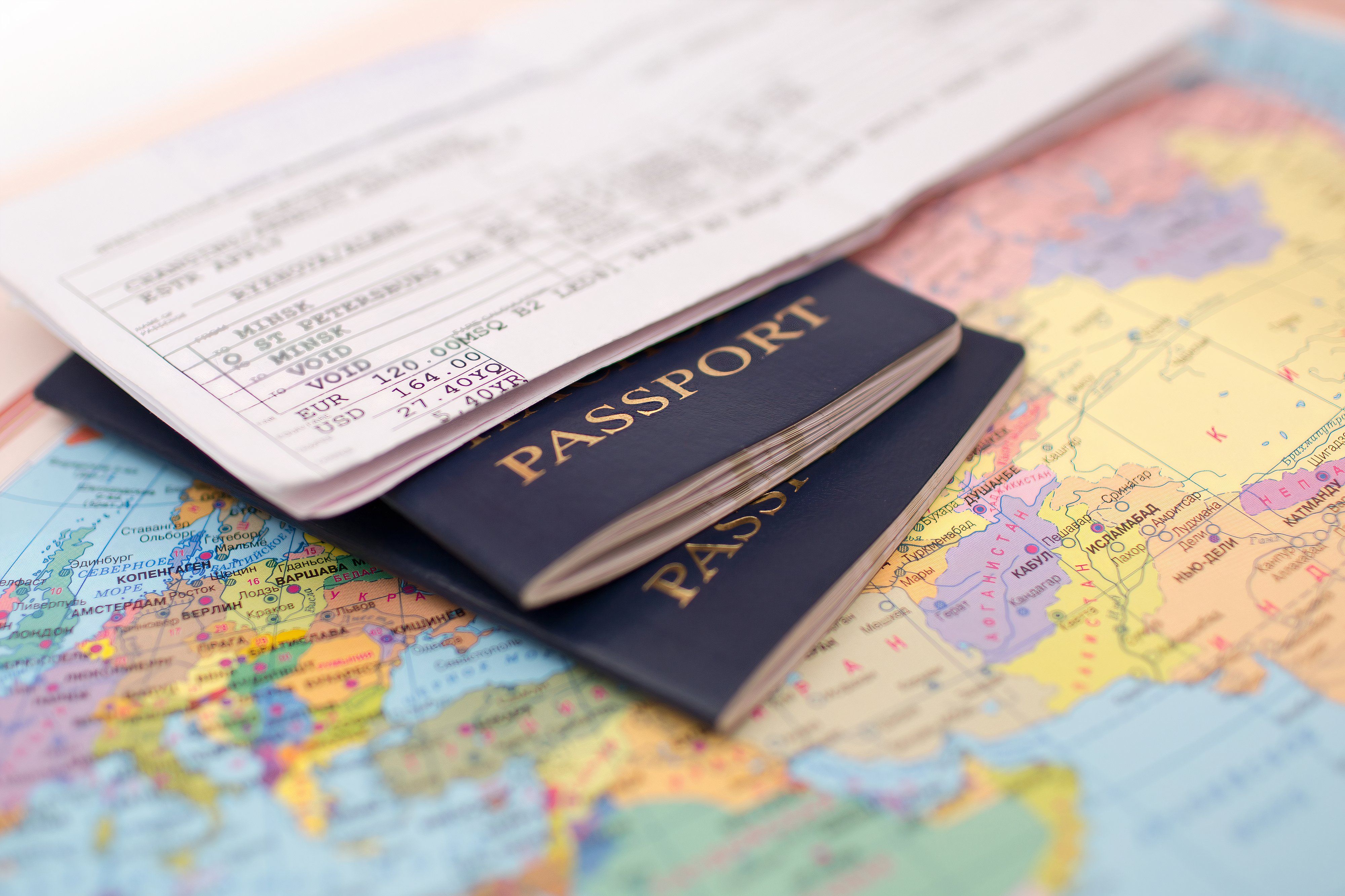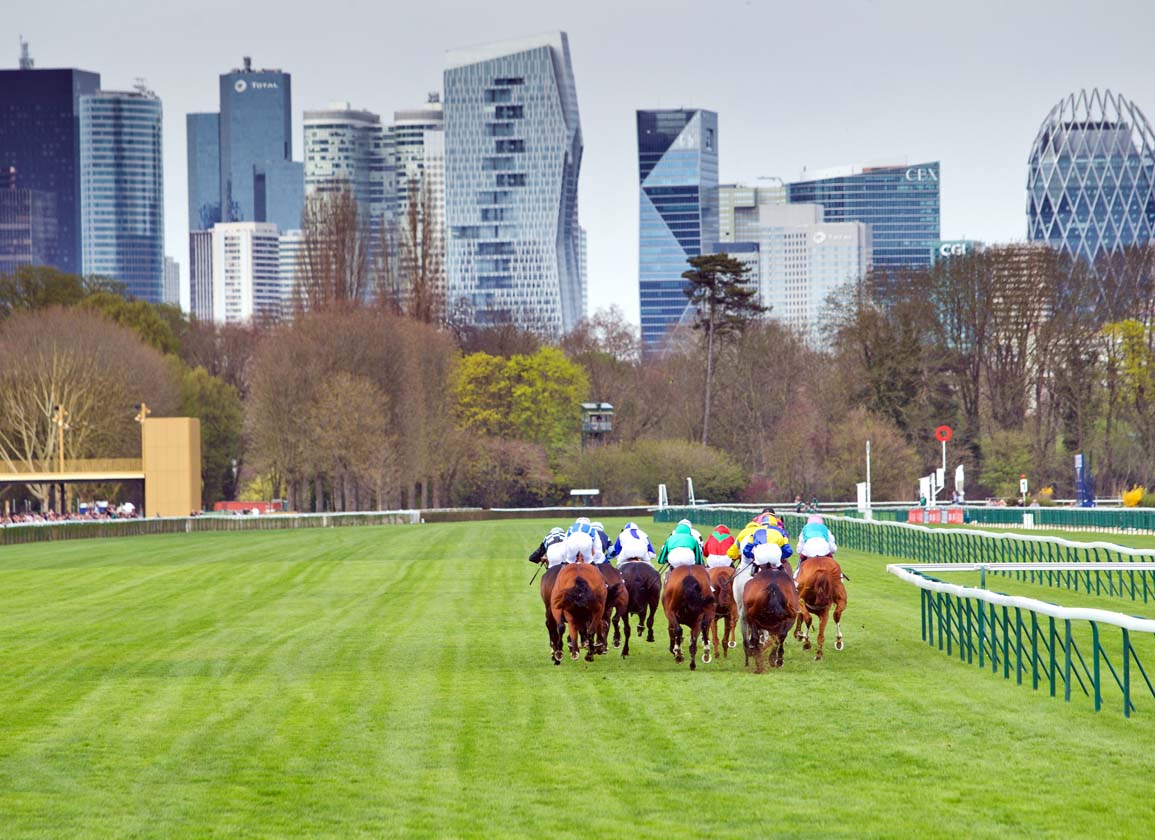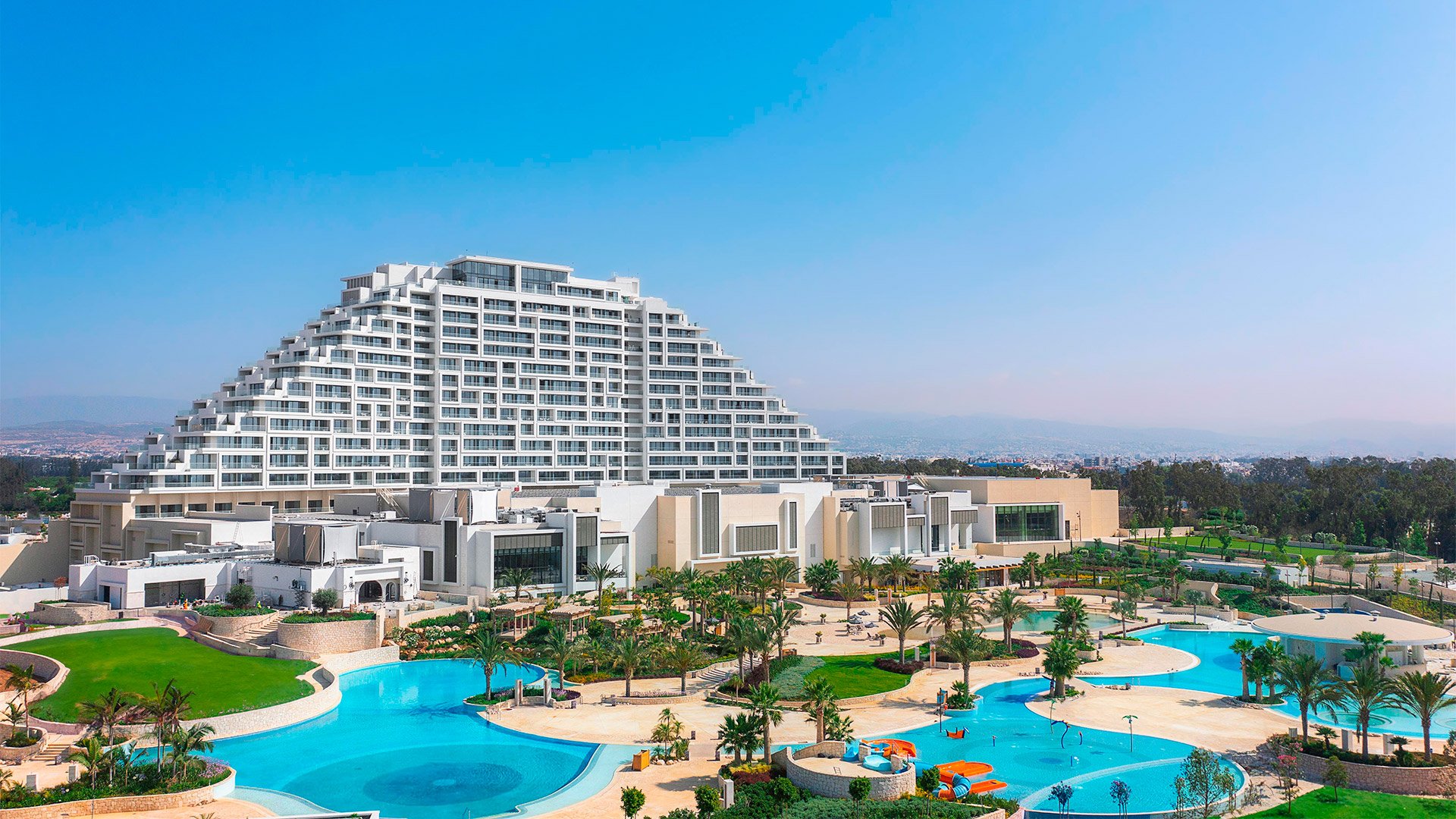Fitness
Romanian Gymnast Appeals To International Federation Over Floor-Exercise Score

CHISINAU — Moldovans have been voting in a presidential runoff to choose between a pro-Europe incumbent and a Russia-friendly challenger in a nation that sits at the crossroads of the East-West political divide.
Incumbent Maia Sandu won the first round on October 20 with 42 percent of the vote to 26 percent for former Prosecutor-General Alexandr Stoianoglo, who received backing from the pro-Russia Socialist Party of Moldova.
Polling stations were scheduled to be open on November 3 from 7 a.m. to 9 p.m. local time. Preliminary results are expected to trickle in at 10 p.m., with first significant totals likely after midnight.
Turnout as of midday appeared to be running stronger than during the first round, according to election officials. It was also stronger compared with the second round of voting during the 2020 presidential election.
In comments to reporters after casting her ballot at a Chisinau polling station, Sandu said she voted “with Moldova.”
“Thieves want to buy our vote, they want to buy our country, but the power of the people is infinitely greater than any of their malice,” she said. “The power of Moldova is in each of you, go out to vote with faith and hope. Heads up, Moldovans!”
The vote comes amid accusations of Russian meddling in both the presidential race and a referendum on Moldova’s potential further integration with the European Union — a direction Sandu and her supporters strongly support.
The pro-EU side scored a razor-thin victory in the referendum — the “yes” vote getting 50.38 percent – but Sandu quickly alleged that “criminal groups together with foreign forces” tried to “buy 300,000 votes,” making the final result significantly closer than pre-vote polls had indicated.
Surveys also indicated that Sandu would take an easy victory in the first round of the presidential election, but Socialist challenger Stoianoglo surprised with a better-than-expected total, forcing the runoff vote.
Sandu’s national security adviser posted a statement to X, claiming “massive interference” by Russia in the runoff vote.
“An effort with high potential to distort the outcome,” Stanislav Secrieru said in his post. He gave no details.
Stoianoglo could also pick up extra support from nationalist and pro-Russia groups in the second round, possibly endangering Sandu’s reelection hopes.
Moldova has 3.02 million registered voters, including those in the diaspora. Voters in the West were credited with helping the “yes” side eke out the narrow victory in the EU referendum.
While the position of president is technically a ceremonial position in Moldova, holders of the office often wield considerable political influence. A president may serve for two consecutive four-year terms.
Sandu, 52, is a Harvard graduate and former employee at the World Bank. She became Moldova’s first female president with a landslide victory in 2020, running on a strong pro-EU message and vows to fight corruption.
But her support may have slipped during her first term amid an economy that was ravaged by the coronavirus pandemic and rising tensions with Russia.
As president, Sandu was instrumental in securing Moldova’s candidacy for future EU membership, an achievement given extra urgency following Russia’s full-scale invasion of bordering Ukraine a few months earlier.
Throughout her presidency, Sandu has been criticized by pro-Kremlin political parties who have accused her of stoking conflict with Moscow.
Stoianoglo, 57, from Gagauzia — an autonomous region of Moldova with pro-Russia sentiment — was Moldova’s prosecutor-general between 2019 and 2021. He campaigned on a law-and-order theme, although critics have slammed him for what they say was a failure to address high-level corruption during his time in office.
Stoianoglo has claimed he holds no political affiliation and has rejected accusations that he is “Moscow’s man.”
His reaction to the war in Ukraine has been ambiguous — expressing a “negative attitude” toward the conflict but not directly condemning Russia for the invasion.
Although he has often taken anti-EU stances, he is also a Romanian — and thus EU — citizen, and his daughter reportedly works at the European Central Bank.
After media reports revealed that he possessed a Romanian passport, he argued that he obtained it in 2019 in an “apolitical context,” without elaborating.
Most of Moldova was part of Romania until the end of World War II and many Moldovans also hold Romanian citizenship, which gives them the opportunity to travel freely to the EU and work there.
Moldova is one of Europe’s poorest countries with a sizeable Russian minority and a Moscow-backed separatist region, Transdniester, located on the left bank of the Dniester River.










